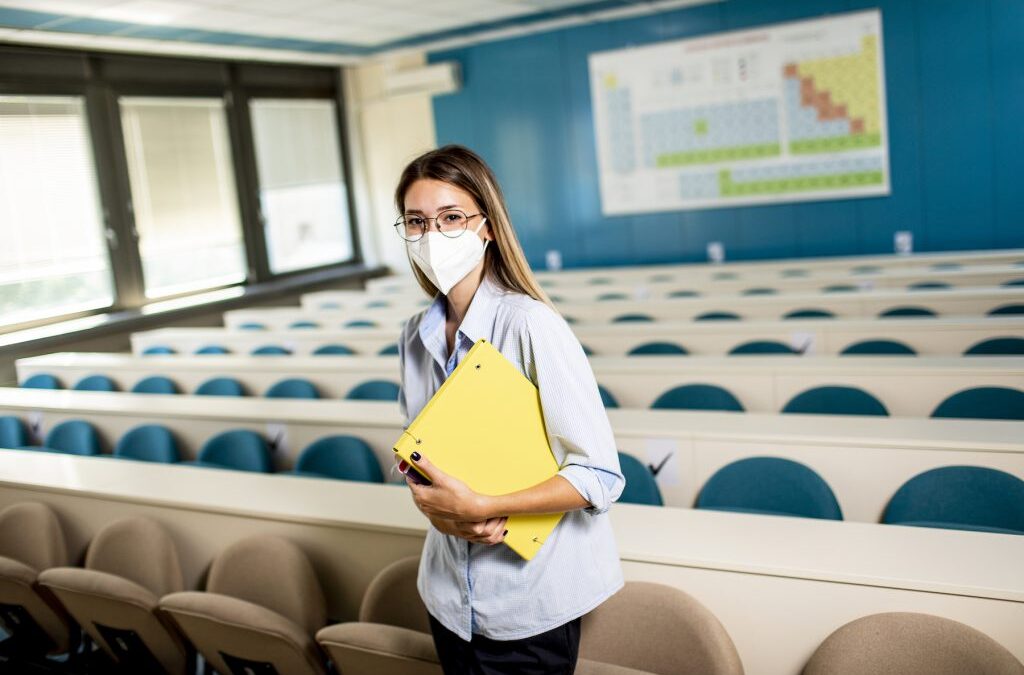Experiencing symptoms of COVID-19 but receiving a negative rapid test result can be confusing. Symptoms such as fever, cough, and fatigue might still indicate an infection, even if the initial test is negative. Understanding when to isolate, retest, or seek professional medical advice is essential for protecting yourself and others.
Understanding Negative Test Results with Symptoms
Rapid COVID-19 home tests, also known as antigen tests, are valuable tools for identifying infections, especially when viral loads are high. However, they may yield false-negative results under certain circumstances:
- Testing Too Early:
Testing immediately after symptom onset may not detect the virus if the viral load is still low. - Testing Improperly:
Incorrect sample collection, such as not swabbing deeply enough, can lead to an inaccurate result. - Symptoms from Other Illnesses:
Flu, RSV, or other respiratory infections can cause symptoms similar to COVID-19, leading to negative COVID-19 test results despite illness. (cdc.gov)
Should I Isolate After a Negative Test Result?
Yes, you should isolate if you have symptoms consistent with COVID-19, even if your initial rapid test is negative. Isolation reduces the risk of spreading any potential infection while you confirm the cause.
- Duration: Stay home and avoid close contact with others until symptoms improve or you receive further test results.
- Wear a Mask: If you must interact with others, wear a high-quality mask to reduce the risk of transmission.
When to Retest After a Negative Result
Retesting is critical to confirm your COVID-19 status, as the virus may not be detectable in an early test.
- Timing: Retest within 24–48 hours after the initial test if symptoms persist. Using a reliable rapid test like the ASSURE-100 At-Home Test can increase the likelihood of detecting an infection.
- Use a PCR Test if Necessary: If your symptoms persist despite multiple negative rapid tests, consider a PCR test. PCR tests are more sensitive and can detect lower viral loads. (fda.gov)
Should I Consult a Healthcare Provider?
If your symptoms persist or worsen, consulting a healthcare provider is essential, regardless of your COVID-19 test results.
- Persistent Symptoms: Seek care if you experience prolonged fever, shortness of breath, or significant fatigue.
- Other Diagnoses: A healthcare provider can evaluate for other illnesses, such as the flu, RSV, or bacterial infections, that may require different treatments.
- High-Risk Individuals: Those with underlying health conditions or compromised immune systems should consult a provider promptly to mitigate risks of complications.
Key Takeaways for Symptomatic Individuals
- Isolate Immediately: Stay home and avoid close contact with others to prevent potential spread.
- Retest After 24–48 Hours: Repeat testing ensures accuracy, especially with a trusted test like the Assure-100 At-Home Test.
- Seek Medical Advice if Symptoms Persist: Persistent or severe symptoms require evaluation by a healthcare provider to rule out other conditions or complications.
Symptoms of COVID-19 combined with a negative test result require a careful approach. Isolating, retesting, and consulting with healthcare providers ensure both personal safety and public health. Staying informed and using high-quality testing resources can help navigate these situations effectively.
Click here to purchase ASSURE-100 on Amazon.com, or for local Hawaii pick-up, click here to purchase from our Shopify site.
- Keywords: COVID-19, rapid testing, rapid home tests, SARS-CoV-2, negative test, symptoms but negative, retesting, isolation guidelines, Assure-100, healthcare provider advice
December 11, 2024
Oceanit

